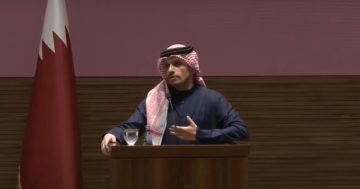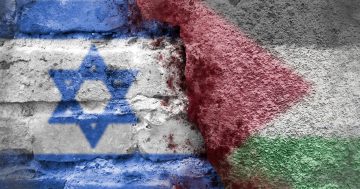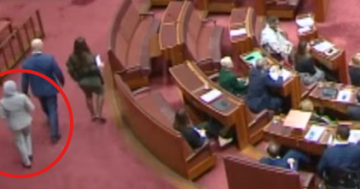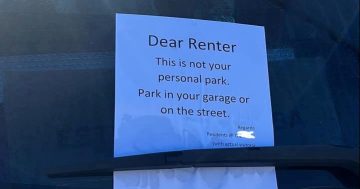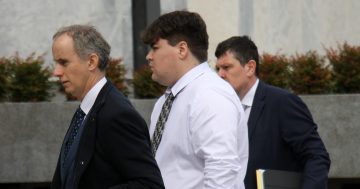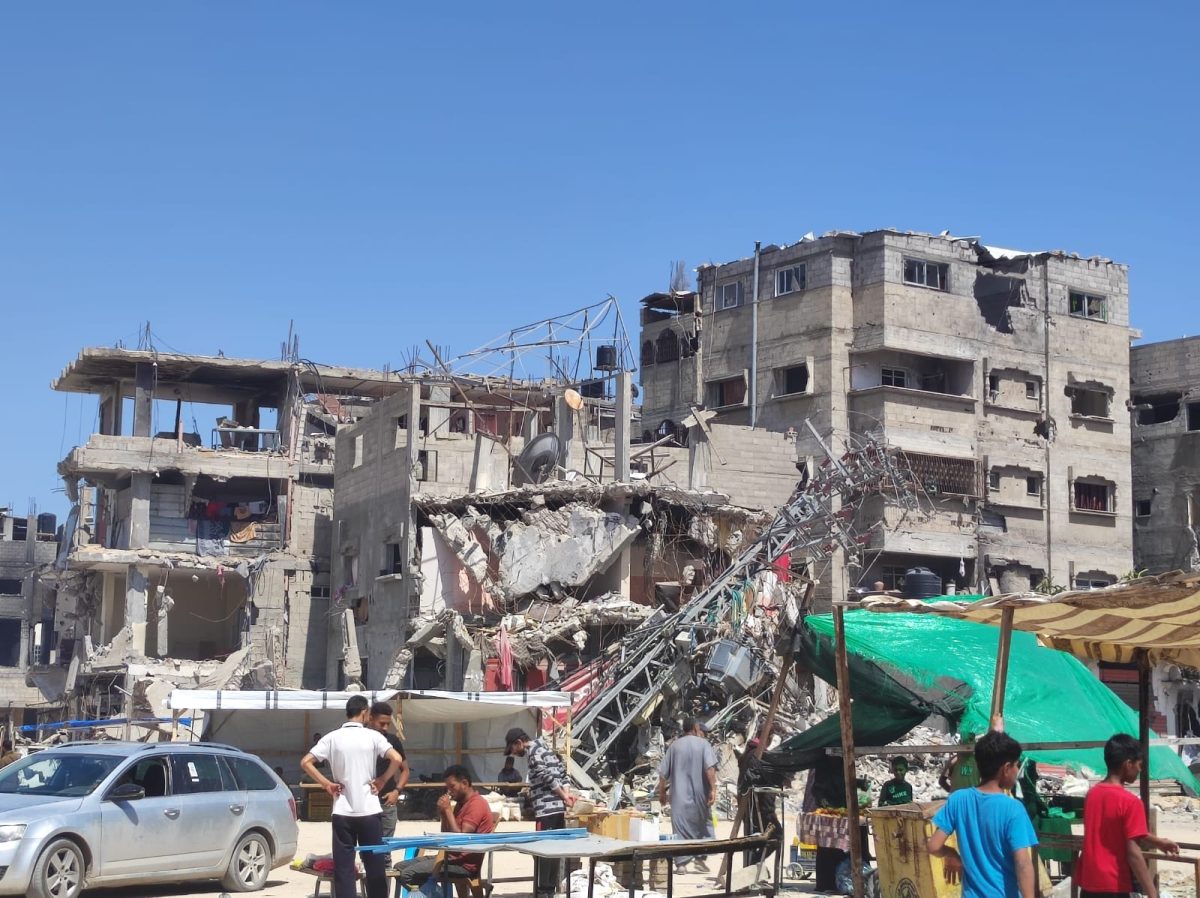
Rafah May 2024. It’s easy to understand why people are escaping to cat videos. Photo: MSF.
The first video I see is of a cat sleeping in a baby’s bouncer, eyes closed and body limp in relaxation.
The caption says, ‘POV: your cat thinks every new thing for the baby is actually for them’.
I scroll, and the next is of a Palestinian man weeping, asking the camera in broken English, ‘Please don’t scroll! What are you waiting for to help us?’
I scroll again, and this time the video is of a cake being decorated. The baker carefully cuts sheets of icing into individual semi-circles that she attached painstakingly, one by one, to create a 3D geometric design.
The first video has over 100,000 views, the third has over a million. The man in Gaza? He has tens of thousands of views, the least by far. His video is just one of thousands being posted by others sharing his plight, and their desperation for their trauma to be witnessed and reacted to is only growing every day.
There is something incredibly dystopian about being alive at a time where we can see such immediate and unfiltered footage of atrocities occurring in real time to people in another country and to be able to shift our attention within seconds to whatever banal entertainment we want to consume because the impact on our lives from their suffering is non-existent.
It is getting harder and harder to live with myself when I choose to scroll. Sometimes, my immediate reaction to footage from Gaza is to feel overwhelmed and want to avoid it, but the minimum I owe as a fellow human being is to at least witness what is happening and not ignore it just because I can.
I’ve always considered myself politically engaged, quick to take action for a cause, and always willing to be educated and learn more about how I can help drive change for other people and animals.
As a young person, I spent every spare minute volunteering for different animal welfare charities (I actually was named ACT Young Volunteer of the Year when I was 15), and I happily traded what little popularity I had with my peers for their signatures on the petitions I would hold out at the front of the school each morning.
As an adult, this activist standpoint has continued, and aside from political actions, I also try to use my privilege for good by making targeted and regular donations to different causes.
So my default position when something terrible is happening is to find a way to take action.
When the war began in October last year, many people like me spent the first weeks grappling with figuring out our ethical standpoint.
“It’s a complex issue.” We told each other. “It’s more nuanced than just picking a side.”
I look back on my own statements then with frustration and disgust because a political standpoint is actually irrelevant compared to the immediate and overwhelming need to end the attacks on civilians. Calling for a ceasefire has nothing to do with whether or not you believe in the Israeli occupation of Palestine or the validity of Israel as a nation-state. It is about the fundamental need to preserve and protect human lives.
As time has gone on, and the suffering of Palestinians in Gaza has only escalated, the attention from the rest of the world is inevitably waning. The longer this goes on, the more normalised it becomes, until it’s hard to remember the initial shock we felt at the outset of the war, the horror at the way human lives and societies can so easily be destroyed.
But Palestinians – brave, desperate people who are living in a constant state of terror as their world is torn down around them – are using social media to remind us that their reality is as brutal today as it was months ago, and it will be tomorrow if we stand by and let it.
The dogged determination of so many to document the atrocities in Gaza and broadcast them to the world is what is ensuring that people like me can’t push thoughts of their suffering aside. It is jarring to see footage of burning buildings, of parents weeping over the bodies of their children, of kids picking through the rubble of what was once their home, interspersed throughout the trivial social media content that otherwise dominates my feeds.
But that dissonance is vital, and it reminds me every day to not be complacent. It’s easy to feel helpless, especially as an Australian, when we’re so physically distant from the site of conflict. I am choosing to combat that feeling of helplessness by making a donation to a different family in Gaza each pay cycle to support their attempt to secure the funds needed to evacuate.
Donating isn’t possible for everyone, and I understand that. But the bare minimum we owe is to bear witness, and to sit in the uncomfortable feeling that reminds us how privileged we are to be safe in our country, to have the option to scroll past others’ suffering at all.












